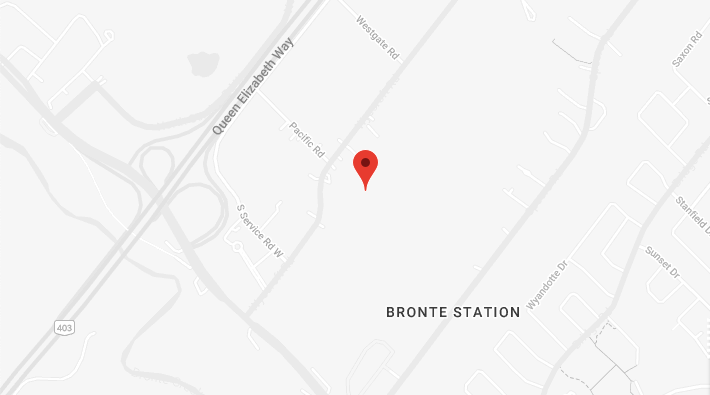How to Deal with a Flooded Hardwood Floor
 If a hardwood floor was flooded, the excess water should be drained immediately, the damages must be assessed and documented, and the flooded area cleared. Then, the floor must be cleaned and dried using air blowing equipment and dehumidifiers. At the end of this process, if the floor shows signs of cupping and crowning, a professional hardwood flooring installer should be hired to get the floor back in shape.
If a hardwood floor was flooded, the excess water should be drained immediately, the damages must be assessed and documented, and the flooded area cleared. Then, the floor must be cleaned and dried using air blowing equipment and dehumidifiers. At the end of this process, if the floor shows signs of cupping and crowning, a professional hardwood flooring installer should be hired to get the floor back in shape.
Successful restoration of flooded hardwood depends on factors such as response time, type of wood, amount of moisture and the degree of water damage already present. In any case, it’s best to hire a professional disaster restoration company that can adapt to the situation and provide specialized equipment for efficient drying.
While waiting for the specialists to arrive at the home, here’s what a property owner can do:
- Stop the flow of water if the flooding occurred due to a burst pipe, washing machine failure or water heater failure.
- Turn off the power to the affected room until the water is removed.
- Assess the damages before the restoration begins in order to determine whether to clean up or replace the floor. Photos and a list of damaged items should be sent to the insurance company.
- Remove any items (carpet, furniture, etc.) from the floor and take them to a dry area. Wearing protective gear, such as gloves, rubber boots and a mask, is necessary.
- Open windows and doors to allow moisture to evaporate more quickly.
- Remove the excess water with a wet/dry vacuum cleaner or with mops and old cloth. If the water level is deep, a pump can be used to drain the water. Help from family and friends is usually needed, since the longer the water stays on the floor, the higher the chances are for mould to grow, and the bigger the damages will be.
- Use dehumidifiers, heaters and fans to speed up the drying process. The equipment should be placed on top of an elevated surface in the flooded area, but the windows must be closed first. The fans should be directed towards the floor’s surface.
- Clean any debris and mud from the floor with a non-abrasive brush and detergent, while the heaters, fans and dehumidifiers continue to run. The floor must be rinsed with clean water and allowed to dry completely.
To sum it up, when dealing with a flooded hardwood floor, quick action is imperative. A professional flood remediation company, such as PuroClean, can mitigate the damages and implement the best possible course of action.
Follow us on Twitter, Facebook, Google+ and LinkedIn to get our notifications!



